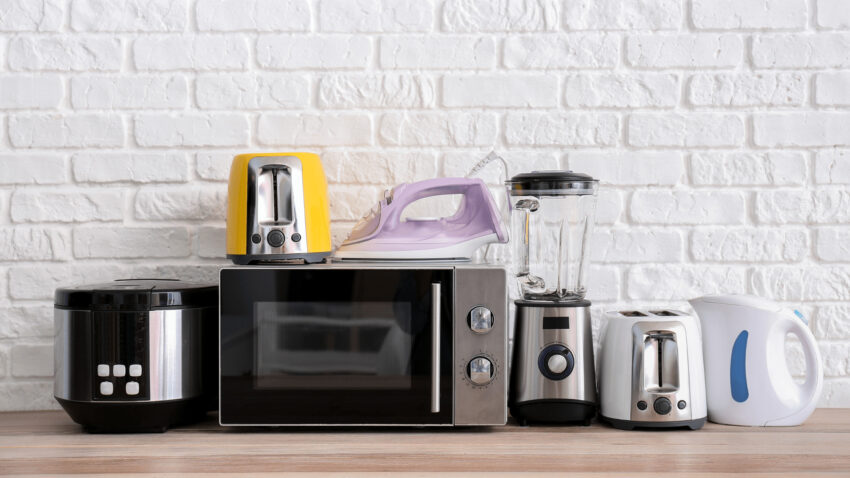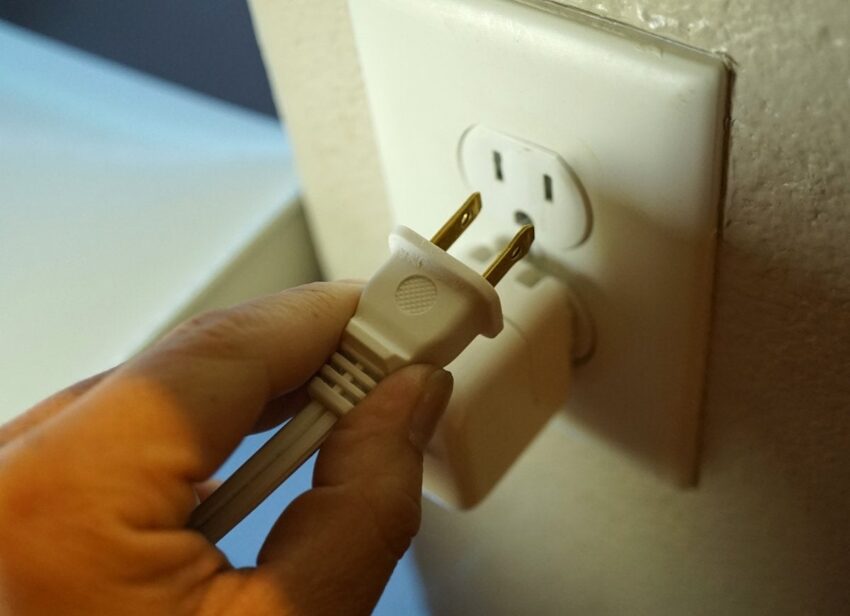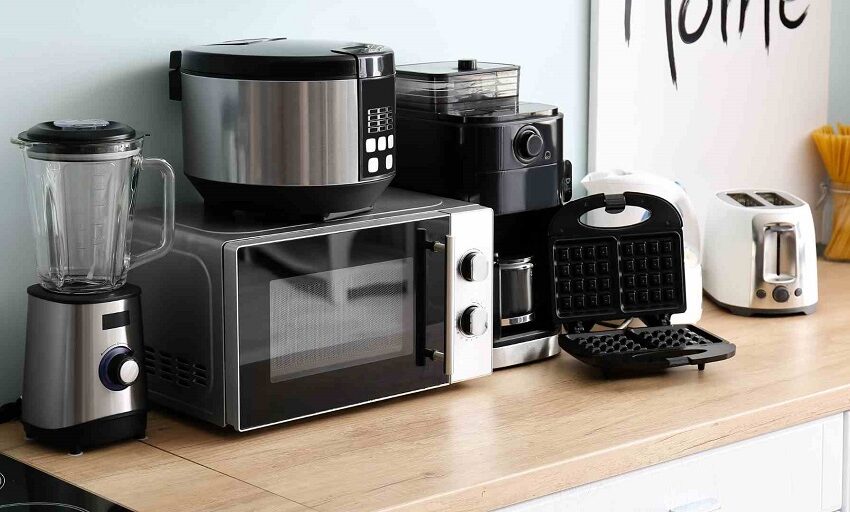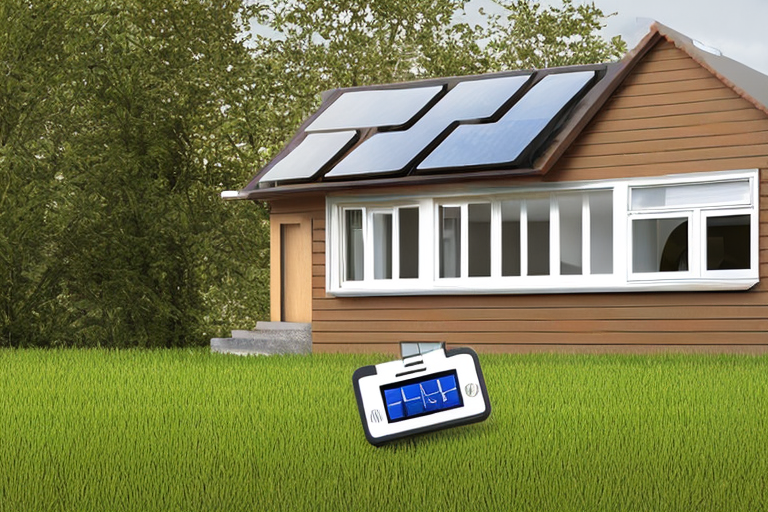It is a commonly held belief that unplugging appliances like TVs, computers, and phones can help you save energy. But are these appliances really energy hogs and do the benefits of energy savings outweigh the costs? In this blog, we discuss what the unplugging appliances myth is and whether you should be doing it.
What is the Unplugging Appliances Myth?

Unplugging appliances, such as televisions, chargers, and gaming systems when not in use, is a fact. But it’s not a simple solution to saving energy. Pulling the plug can help save energy, but it’s not the only way to reduce your energy consumption. In fact, unplugging electronics and appliances can be costly and can even damage them.
Besides, unplugged appliances still use electricity to power internal components, such as fans and light bulbs. This can lead to wasted energy and money spent on replacement costs.
Another reason why unplugging appliances isn’t a good idea is that it can cause power fluctuations and affect the overall electric performance of the building. Plus, some appliances need to be connected to power sources to work at all. Changing power outlets frequently can also waste energy. The best way to save money on electricity is by using energy-efficient equipment and appliances.
Do You Really Save Energy by Unplugging Appliances?
There are many reasons why unplugging appliances is a great energy-saving practice. Unplugging helps to reduce energy consumption by turning off the appliances when not in use, avoiding energy waste caused by standby power, and reducing electricity costs. Furthermore, unplugging can prevent electrical fires caused by power fluctuations.
Unplugging also helps reduce carbon emissions and save money on energy bills. This is because of the savings from not having to power up and warm homes or offices. Even when appliances such as TVs, computers, microwave ovens, coffee makers, printers, modems, and routers are turned off, they still consume electricity. Therefore, it is important to unplug these items when not in use to help save energy and money.
What are the Benefits of Unplugging Appliances?
Unplugging appliances can save energy and money. Reducing your reliance on electricity from non-renghtenable sources can help reduce your carbon footprint. Unplugging appliances can also help increase their lifespan of appliances and prevent them from overheating or being damaged by power surges. Unplugging appliances can also reduce the chance of electrical fires and protect them from power surges. Additionally, unplugging your appliances can help to mitigate climate change by reducing energy usage overall. Overall, unplugging appliances is a great way to save energy and money while also helping to reduce the environmental impact of our daily activities.
Which Appliances Should be Unplugged to Save Energy?
As the use of electricity becomes more widespread, energy efficiency is becoming an increasingly important topic. Unplugging unused appliances and electric devices can help save energy, money, and resources. Although it may seem like a hassle to unplug electric items when they’re not in use, it’s important for energy efficiency. Here are some electric appliances you should always unplug when not in use:
– Coffee makers
– Irons and other household appliances with a water-based heating element
– Vacuum cleaners
– Electric toothbrushes
– Radiators
– Hair dryers
– Televisions, computers, and microwaves
There are many benefits to unplugging these items. By unplugging coffee makers, you can prevent energy waste and reduce power consumption. By unplugging unused appliances and electric devices, you can help reduce greenhouse gas emissions and power consumption. Additionally, by unplugging unused electrical items, you can save money on electricity bills and prolong the lifespan of electric appliances. While plugging these items can be time-consuming and frustrating, it’s important to practice energy efficiency.
Other Tips to Save Energy at Home
As the energy crisis in India deepens, we have to use energy-efficient appliances and technologies to save energy. You can create a habit of unplugging unused devices and appliances to save up to 10 percent in energy bills every month. It may not seem like big savings when you consider the upfront cost of purchasing these appliances, but it adds up over time. You can also consider replacing inefficient light bulbs with energy-efficient ones, which could help you save money on your electricity bill.
You can use natural lights whenever possible instead of artificial lights. Natural light helps your body regulate its circadian rhythm, improves sleep quality, and boosts mood. Additionally, power strips are a great way to connect multiple devices to one power strip, and investing in smart power strips is another way to reduce electricity usage and lessen vampires.
Another tip to save energy at home is to insulate your home, seal drafts, and replace old appliances with energy-efficient models. By doing these simple things, you can significantly reduce your carbon footprint and improve the environment for future generations.
Conclusion
It’s important to note that unplugging appliances isn’t a magic solution to energy savings. But it can be a smart first step to help you cut down on electricity use and carbon emissions. While appliances such as dishwashers, washing machines, and electric ranges are typically power hogs and can make a big impact on energy savings, it doesn’t mean they should be ignored. It all comes down to finding an appliance-based energy-saving strategy that works for your household. If you’re looking for more tips to save energy at home, comment below and share your knowledge with others!








